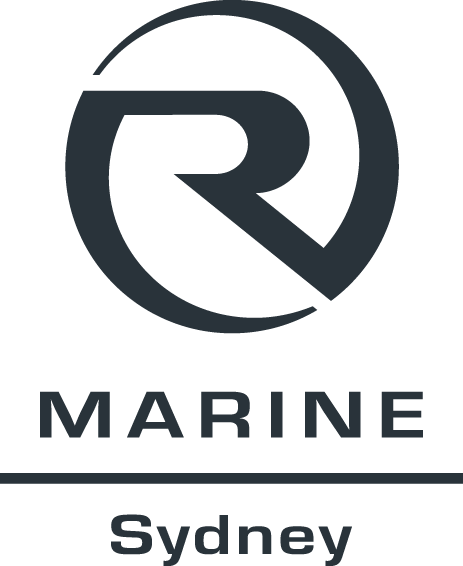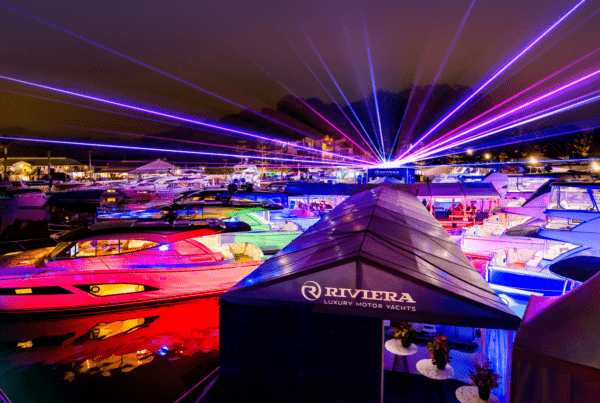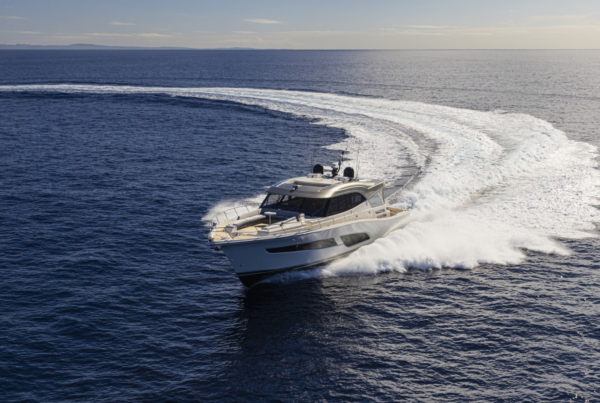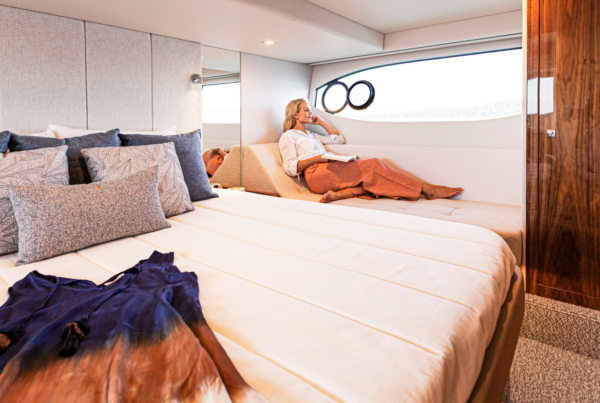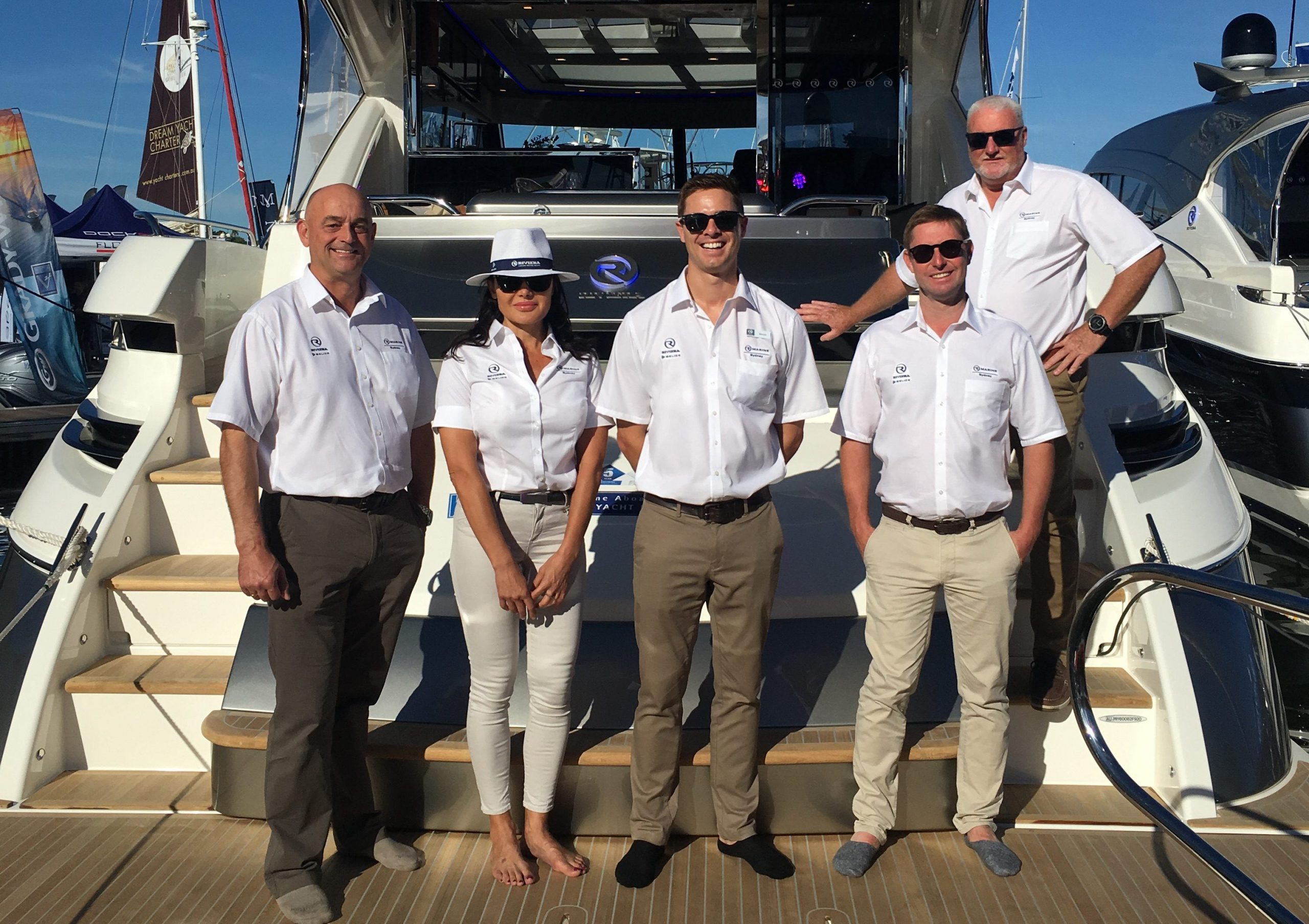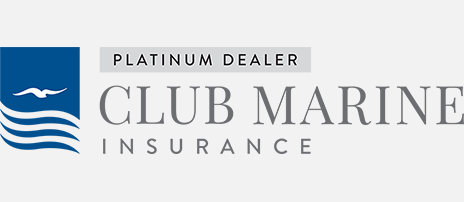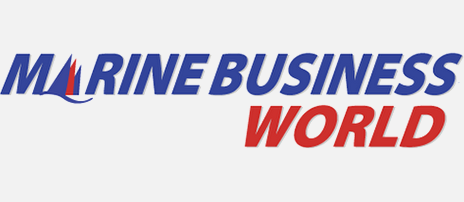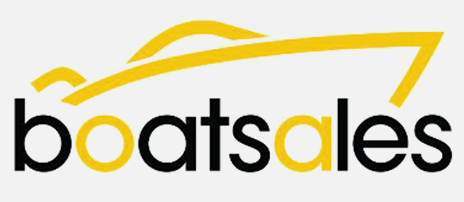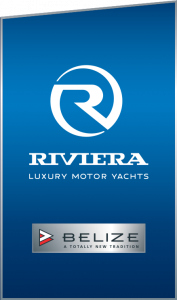
We are privileged to enjoy our beautiful oceans and the rich diversity of wildlife they sustain. However, our actions significantly impact marine life and aquatic habitats, especially during whale season. To ensure that our precious marine environment remains vibrant and healthy all year long, here are some tips for enjoying your yachting adventures responsibly.
Respect the Whale Watching Guidelines
Whale season provides a unique opportunity to observe these majestic creatures up close. To ensure their safety, it is important to follow these guidelines:
-
Be sure to maintain a distance of at least 100 meters from whales. Avoid sudden movements and reduce your speed if a whale approaches your yacht. Click here to learn more about approaching marine mammals in NSW
-
Avoid collisions by slowing down to minimise disturbance.
- Avoid feeding marine animals as human food can harm their health and alter their natural behaviors.
-
Observe Quietly: Avoid making loud sounds that can disrupt whale communication.
Reduce noise pollution as much as possible
The marine environment is highly sensitive to sound. Reduce noise pollution by:
-
Use Engines Sparingly: When in areas known for marine life, minimise the use of engines and other noisy equipment.
-
Consider installing soundproofing materials on your motor yacht to reduce underwater noise.
Keeping the environment clean
Our oceans must be kept clean in order to preserve their health:
-
Ensure that no plastic waste, such as bags and bottles, is dumped overboard. When you are onboard, use reusable containers and bags.
-
Dispose of waste properly: Use onboard waste management systems. Marinas have designated facilities for the disposal of waste.
-
To prevent harmful chemicals from entering the water, choose eco-friendly cleaning products and sunscreens.
Responsible Anchoring
Seagrass beds and coral reefs can be damaged by anchoring:
-
Make your anchoring choices wisely: Anchor in sandy or muddy areas where marine life can be minimally affected.
-
For minimal disruption of habitat, consider using mooring buoys or eco-friendly anchoring systems.
Make sure to avoid sensitive areas
There are some areas that are particularly vulnerable and may be off-limits or restricted access:
-
Be aware of marine protected areas (MPAs) and respect no-go zones to protect breeding and feeding grounds.
-
Observe local fishing and boating regulations to protect marine ecosystems.
Advocate and educate
The key to conservation is being informed and spreading awareness:
-
Learn About Local Wildlife: Educate yourself and your guests about the marine species and habitats in the areas you visit.
-
Share Knowledge: Encourage fellow yacht owners and boaters to adopt eco-friendly practices and respect wildlife guidelines.
Report Injured or Distressed Wildlife
If you encounter injured or distressed wildlife, please report it to local authorities or marine wildlife rescue organisations immediately. Your quick action can make a big difference. By following these steps, owners of Riviera motor yachts can play a crucial role in preserving the beauty and biodiversity of our oceans. Let’s enjoy our boating adventures while ensuring that marine life thrives for generations to come
